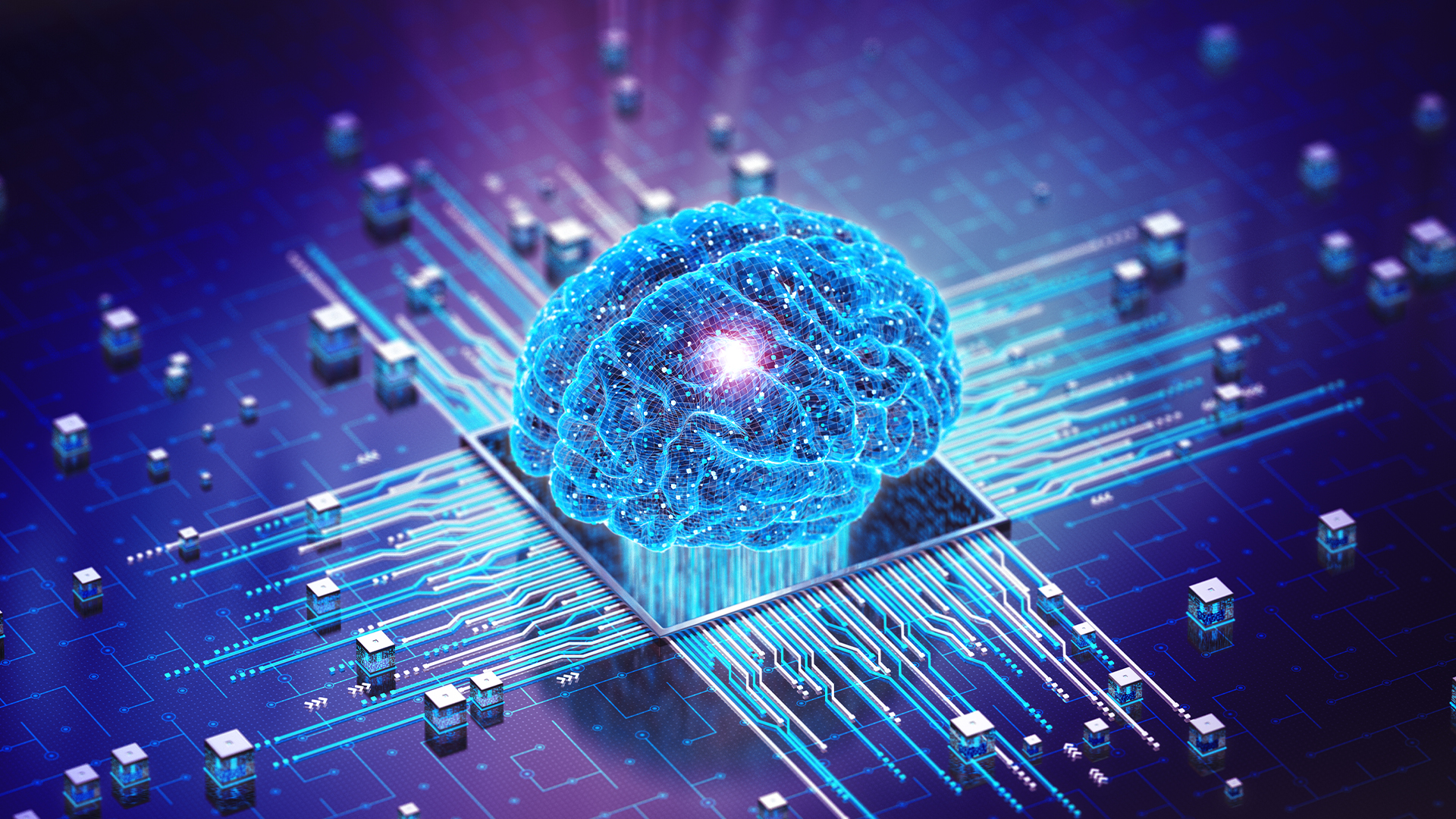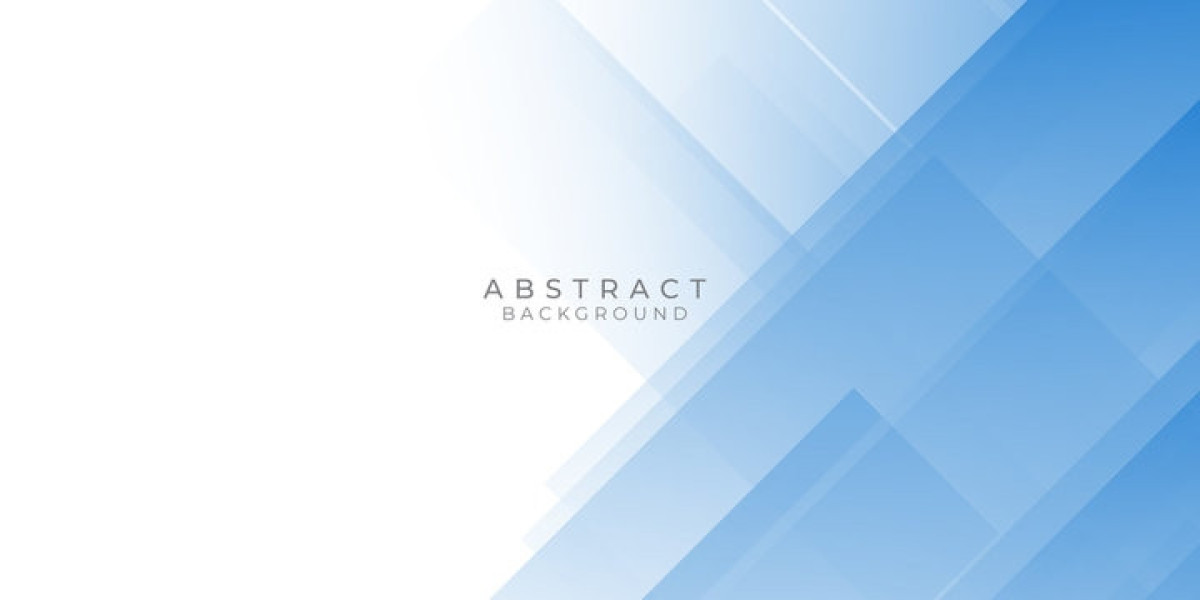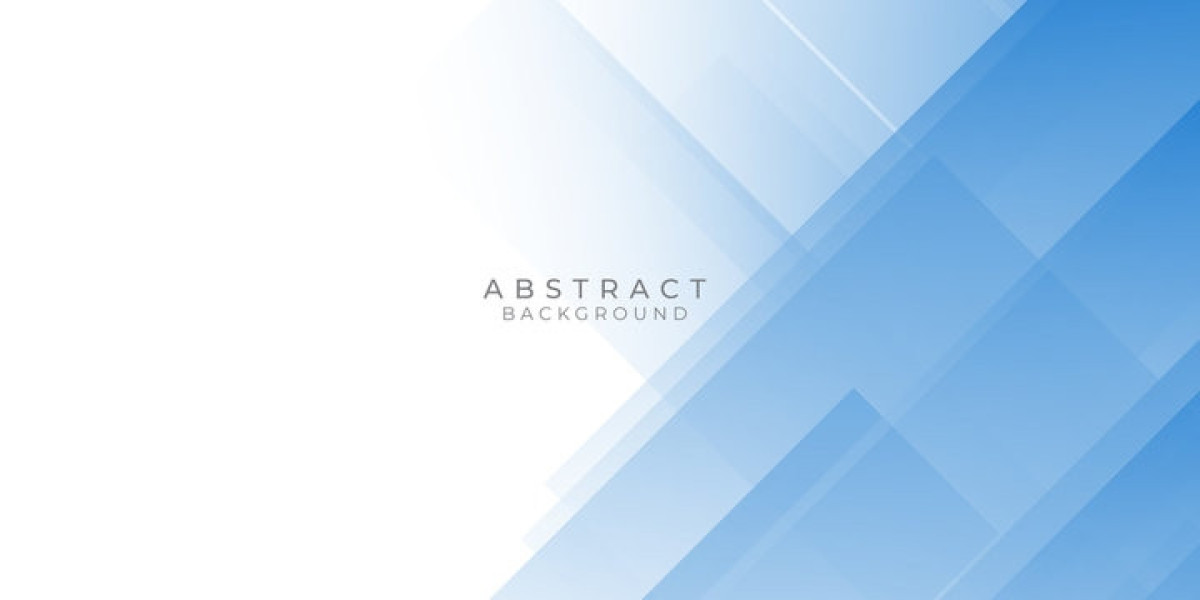
For Christmas I received an intriguing present from a friend - my really own "best-selling" book.
"Tech-Splaining for Dummies" (terrific title) bears my name and my picture on its cover, users.atw.hu and it has radiant reviews.
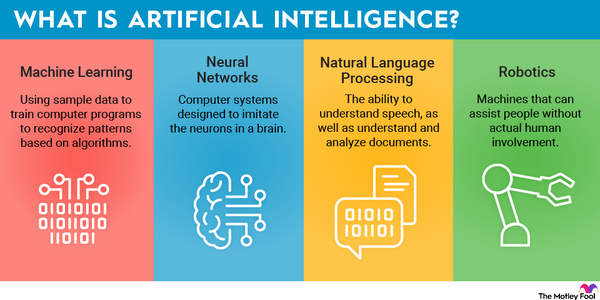
Yet it was entirely written by AI, with a couple of simple triggers about me supplied by my buddy Janet.
It's a fascinating read, and uproarious in parts. But it likewise meanders quite a lot, and is somewhere in between a self-help book and a stream of anecdotes.
It mimics my chatty design of composing, however it's also a bit repeated, and really verbose. It might have gone beyond Janet's prompts in collating information about me.
Several sentences begin "as a leading innovation journalist ..." - cringe - which could have been scraped from an online bio.
There's also a mystical, repetitive hallucination in the type of my cat (I have no animals). And e.bike.free.fr there's a metaphor on almost every page - some more random than others.
There are lots of business online offering AI-book writing services. My book was from BookByAnyone.
When I got in touch with the primary executive Adir Mashiach, based in Israel, he informed me he had actually sold around 150,000 personalised books, mainly in the US, considering that rotating from assembling AI-generated travel guides in June 2024.
A paperback copy of your own 240-page long best-seller costs ₤ 26. The firm uses its own AI tools to create them, based upon an open source big language design.
I'm not asking you to buy my book. Actually you can't - only Janet, who developed it, can buy any further copies.
There is currently no barrier to anybody producing one in anybody's name, consisting of stars - although Mr Mashiach states there are guardrails around abusive material. Each book contains a printed disclaimer mentioning that it is fictional, produced by AI, and designed "solely to bring humour and joy".
Legally, botdb.win the copyright belongs to the company, but Mr Mashiach stresses that the item is planned as a "personalised gag gift", and the books do not get offered even more.
He wishes to broaden his variety, creating different genres such as sci-fi, and possibly offering an autobiography service. It's developed to be a light-hearted type of customer AI - selling AI-generated goods to human clients.
It's also a bit terrifying if, like me, you compose for a living. Not least because it most likely took less than a minute to create, and it does, certainly in some parts, sound just like me.
Musicians, authors, artists and actors worldwide have revealed alarm about their work being used to train generative AI tools that then churn out comparable content based upon it.
"We ought to be clear, when we are talking about data here, we really indicate human creators' life works," states Ed Newton Rex, creator of Fairly Trained, which projects for AI companies to regard creators' rights.
"This is books, this is posts, this is photos. It's masterpieces. It's records ... The whole point of AI training is to find out how to do something and then do more like that."
In 2023 a tune including AI-generated voices of Canadian singers Drake and The Weeknd went viral on social media before being pulled from streaming platforms due to the fact that it was not their work and they had not consented to it. It didn't stop the track's creator attempting to choose it for a Grammy award. And despite the fact that the artists were phony, it was still extremely popular.
"I do not think making use of generative AI for innovative functions must be prohibited, however I do believe that generative AI for these functions that is trained on people's work without permission ought to be banned," Mr Newton Rex adds. "AI can be very powerful however let's develop it morally and fairly."
OpenAI says Chinese competitors using its work for their AI apps
DeepSeek: The Chinese AI app that has the world talking
China's DeepSeek AI shakes industry and damages America's swagger
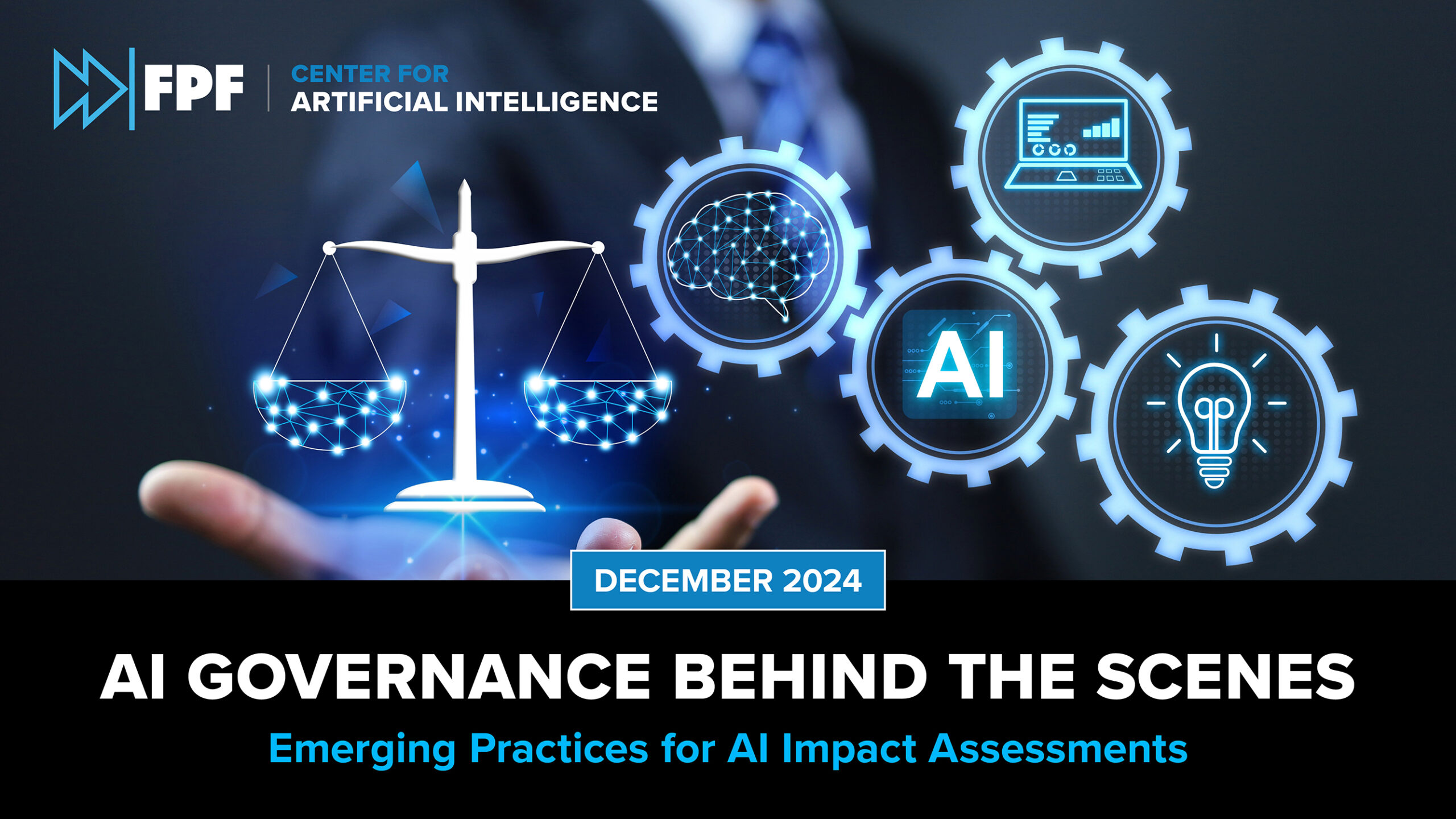
In the UK some organisations - consisting of the BBC - have picked to obstruct AI developers from trawling their online content for training functions. Others have chosen to collaborate - the Financial Times has actually partnered with ChatGPT creator OpenAI for example.
The UK government is considering an overhaul of the law that would allow AI developers to use developers' material on the internet to assist develop their models, unless the rights holders pull out.
Ed Newton Rex describes this as "insanity".
He points out that AI can make advances in areas like defence, health care and logistics without trawling the work of authors, journalists and artists.
"All of these things work without going and changing copyright law and destroying the incomes of the nation's creatives," he argues.
Baroness Kidron, a crossbench peer in your home of Lords, is likewise strongly versus removing copyright law for AI.
"Creative industries are wealth developers, 2.4 million tasks and a lot of delight," states the Baroness, who is also an advisor to the Institute for Ethics in AI at Oxford University.
"The government is undermining one of its best performing markets on the unclear promise of growth."
A government spokesperson stated: "No move will be made till we are absolutely confident we have a useful plan that provides each of our objectives: increased control for best holders to assist them license their material, access to premium product to train leading AI models in the UK, and more openness for right holders from AI designers."
Under the UK federal government's brand-new AI strategy, a nationwide information library including public data from a wide variety of sources will also be made available to AI researchers.
In the US the future of federal rules to control AI is now up in the air following President Trump's go back to the presidency.
In 2023 Biden signed an executive order that intended to boost the safety of AI with, to name a few things, firms in the sector needed to share details of the workings of their systems with the US federal government before they are launched.
But this has actually now been rescinded by Trump. It remains to be seen what Trump will do rather, but he is said to want the AI sector to deal with less regulation.
This comes as a variety of lawsuits versus AI companies, and especially against OpenAI, continue in the US. They have actually been taken out by everyone from the New york city Times to authors, music labels, and even a comic.
They declare that the AI companies broke the law when they took their material from the internet without their approval, and used it to train their systems.
The AI companies argue that their actions fall under "fair use" and are therefore exempt. There are a number of factors which can make up fair use - it's not a straight-forward definition. But the AI sector is under increasing analysis over how it gathers training data and whether it ought to be paying for it.
If this wasn't all adequate to consider, Chinese AI firm DeepSeek has actually shaken the sector over the previous week. It became the many downloaded free app on Apple's US App Store.
DeepSeek claims that it established its innovation for a portion of the price of the similarity OpenAI. Its success has actually raised security concerns in the US, and threatens American's existing dominance of the sector.
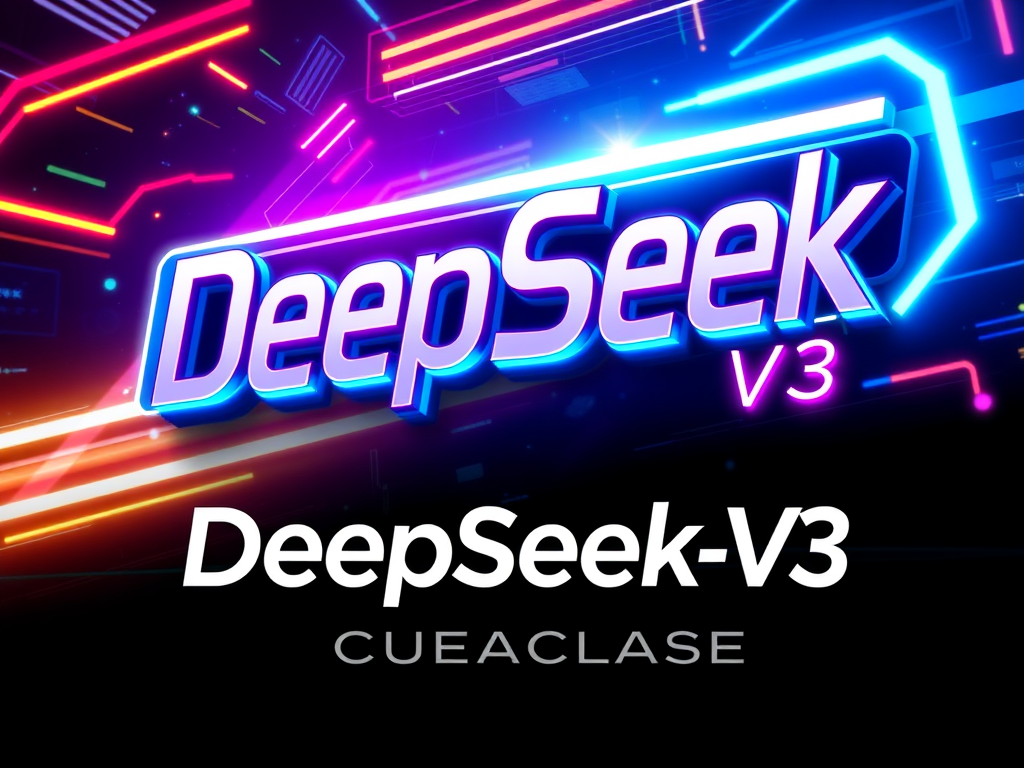
As for me and a profession as an author, I think that at the moment, if I really want a "bestseller" I'll still need to compose it myself. If anything, Tech-Splaining for Dummies highlights the existing weakness in generative AI tools for bigger jobs. It is complete of inaccuracies and hallucinations, and it can be quite hard to read in parts due to the fact that it's so verbose.
But provided how rapidly the tech is developing, gratisafhalen.be I'm not exactly sure how long I can stay positive that my significantly slower human writing and editing abilities, shiapedia.1god.org are much better.
Sign up for our Tech Decoded newsletter to follow the greatest developments in global technology, with analysis from BBC correspondents around the world.
Outside the UK? Register here.
